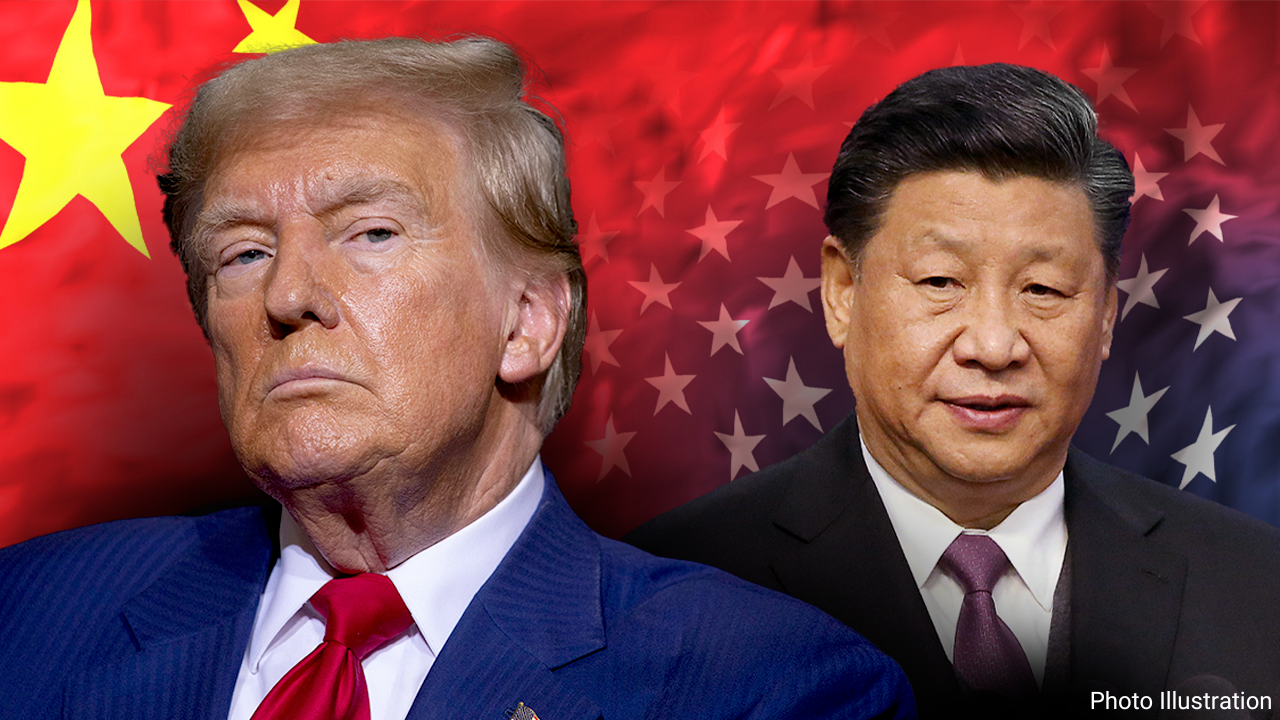New bill aims to stop China using third countries to dodge Trump’s tariffs

Republicans are taking aim at China’s attempts to circumvent U.S. tariffs by producing goods in other countries, with a new bill introduced by House Budget Chairman Jodey Arrington, R-Texas. The Axing Nonmarket Tariff Evasion (ANTE) Act is designed to prevent subsidized and state-owned entities from using foreign production to avoid tariffs.
In a statement to Fox News Digital, Arrington criticized China for engaging in unfair trade practices that have harmed the American economy and cost millions of jobs. The legislation aims to level the playing field for American producers and manufacturers by preventing Chinese companies from evading tariffs through deceptive practices.
The Trump administration has been vocal about addressing trade imbalances, imposing tariffs on Chinese imports in an effort to promote fair trade practices. However, Chinese manufacturers have found ways to evade these tariffs by setting up production in third-party countries or relabeling goods to make it appear as though they originated elsewhere.
Senator Jim Banks, R-Ind., who is introducing companion legislation in the Senate, emphasized the importance of closing these loopholes and preventing the Chinese Communist Party from cheating American workers and manufacturers. The ANTE Act is expected to crack down on this practice of “place-of-origin washing” and ensure that goods are accurately labeled with their country of origin.
The legislation targets both large businesses and smaller sellers who may be using deceptive tactics to avoid tariffs. Chinese social media platforms have been filled with ads offering services to help sellers evade tariffs, while South Korea has seen an increase in cases of sellers using their country to avoid U.S. tariffs.
Under U.S. law, goods must undergo a “substantial transformation” in a country to qualify as originating from there. This transformation must significantly add value to the product, ensuring that the country of origin is accurately represented. The ANTE Act seeks to enforce these regulations and prevent Chinese companies from exploiting loopholes to avoid tariffs.
In conclusion, the ANTE Act represents a significant step towards enforcing fair trade practices and holding China accountable for its actions. By closing loopholes and preventing deceptive practices, the legislation aims to protect American workers and manufacturers from unfair competition.




